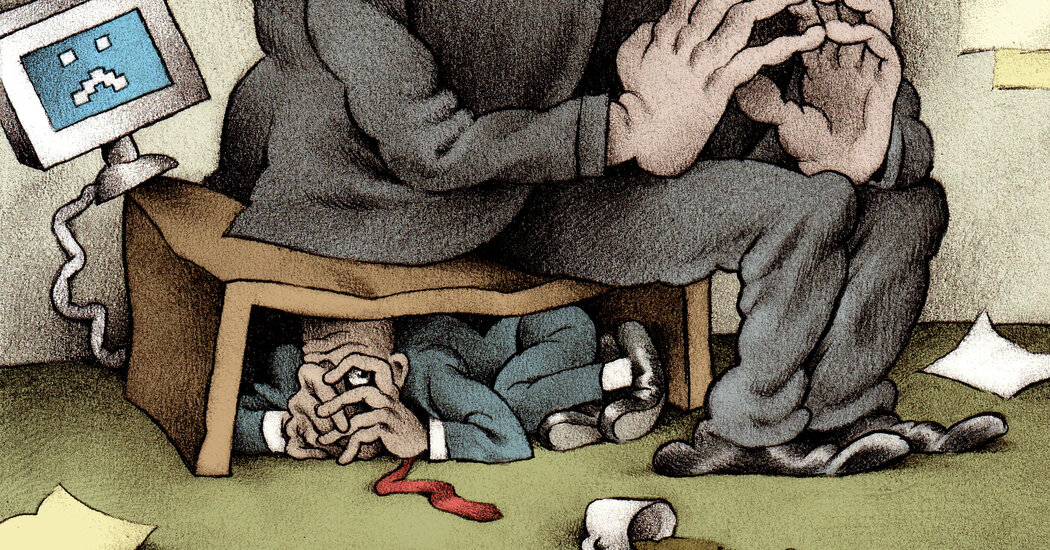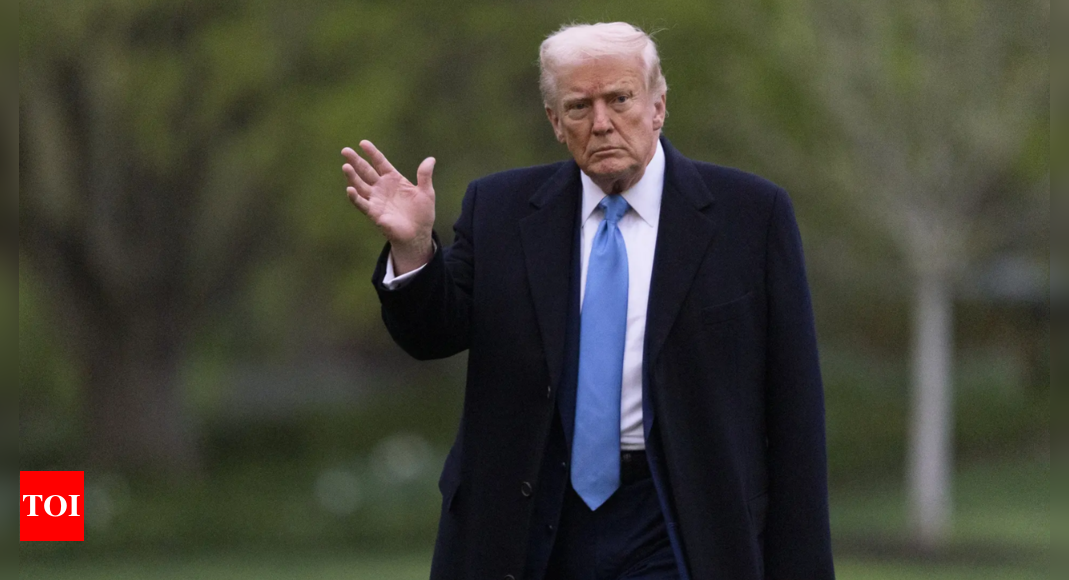Trump announced an extra 10 per cent tariff on Chinese goods last week. He threatened more duties if Beijing retaliated. But Xi remained undeterred and unveiled extra 10-15 per cent duties on US energy exports and farm equipment
read more
The risk of another full-blown trade war between China and the US seems just a hair’s breadth away.
Analysts believe that unless the rival countries are able to defuse the issue before Chinese tariffs on American exports amounting to $14 billion take effect on Monday (February 10), the situation could get really bad.
What is happening with US-China trade tariffs?
The issue stems from a decision President Donald Trump took last week. He announced an extra 10 per cent tariff on Chinese goods, with the stated intention to strongarm the Asian giant to do more to tackle fentanyl-related exports to the US.
Some analysts had anticipated the US and China to hold talks to avert major trade hostilities, Financial Times reported. But the time window for any discussion was rather narrow. A mere three days after the announcement, the duties came into effect.
Trump threatened more tariffs if China retaliated.
But Beijing remained undeterred. Chinese leader Xi Jinping’s government reciprocated in kind, unveiling additional 10 to 15 per cent duties on US energy exports and farm equipment. China’s tariffs are set to take effect on Monday.
Is it the starting phase of a trade war?
“This could become a very, very bad situation,” Financial times cited Zhang Yanshen, an expert at the China Center for International Economic Exchanges, as saying. “This could be just the beginning of this phase of the trade war,” they added.
Trump who had first said he hoped to talk to Xi, said he was in “no rush” after China retaliated. He also proclaimed that the tariffs were an “opening salvo” with “very substantial” measures to come.
Trump administration officials have also reiterated that he wants China to stem the flow of the deadly drug, fentanyl. Beijing-based experts don’t think that is the case.
“Fentanyl is an issue that can easily be addressed — China has already been co-operating with the US side on this,” said John Gong, professor at the University of International Business and Economics. “So Trump probably wants something more that they cannot publicly talk about.”
This could be things like pushing China to pressure Russia over the Ukraine war, for instance.
Chinese experts said it would be difficult for Beijing to reach a “grand bargain” on a short deadline, especially on thorny subjects such as the war in Ukraine over which the US has accused China of helping Russia.
How will China respond?
Experts in Beijing suggested that Trump’s attempt to shock and then pressure Xi into reaching a deal quickly could have blown up in his face.
Ma Wei, a researcher at the Chinese government-affiliated CASS Institute of American Studies, said, “You have to have equal talks and an equal agreement, not one in which you first put a high tariff on me, and then you say we have to make a deal.”
Financial Times cited Wendy Cutler, a trade expert and vice-president at the Asia Society Policy Institute, as saying that “Beijing most likely will take a wait-and-see approach before considering engagement.”
That would depend on whether China sees the new tariffs as imposing heavy costs on the nation.
Will China suffer more because of trade war?
Some economists believe that Trump’s proposed tariffs, including a 60 per cent levy suggested during the presidential campaign, could significantly impact China’s economy.
Hui Shan, chief China economist with Goldman Sachs, assessed that each 20 percentage point addition in US tariffs would strike off 0.7 percentage points off China’s GDP growth.
Others, however, see limited impact. Gong says that China is better prepared to tolerate tariffs this time around. Exports to the US represented 15 percent of China’s total trade last year, a decline from previous years.
“The bulk of it is paid by American consumers anyway and a lot of Chinese companies have already moved part of their operations overseas …Tariffs are not such a lethal weapon as perceived by Washington,” Gong said.


